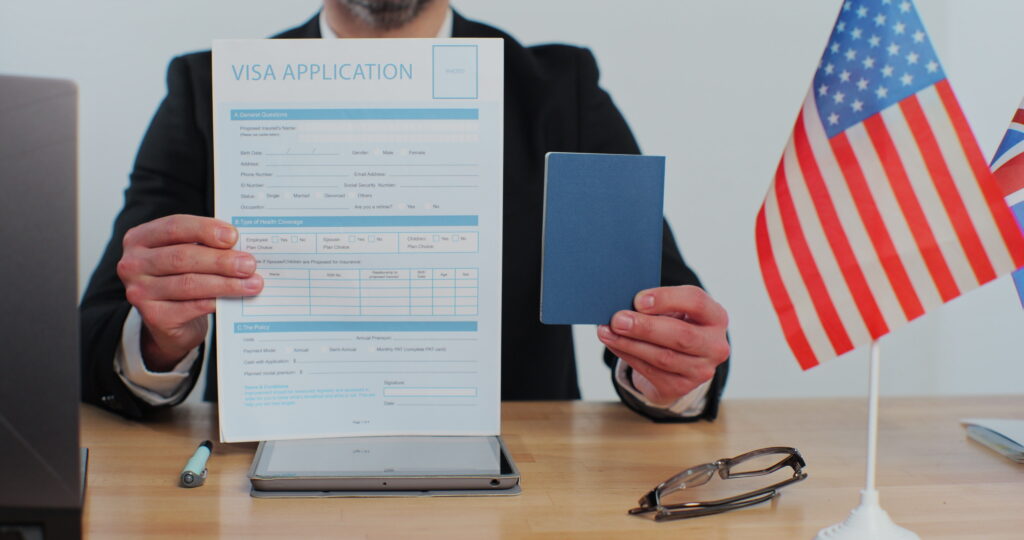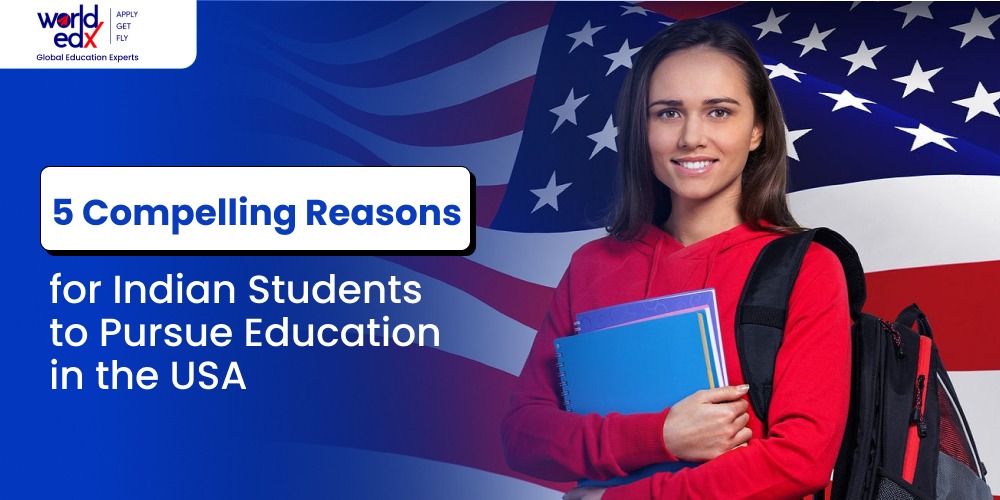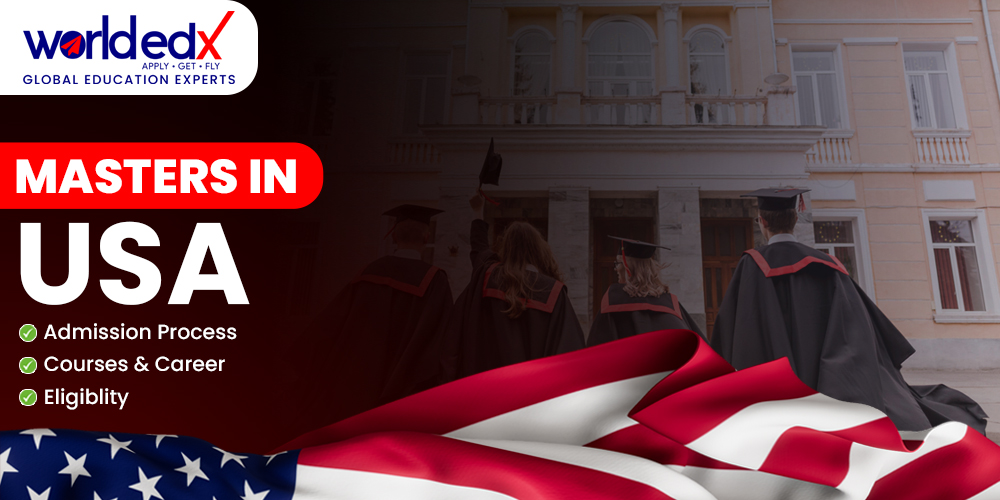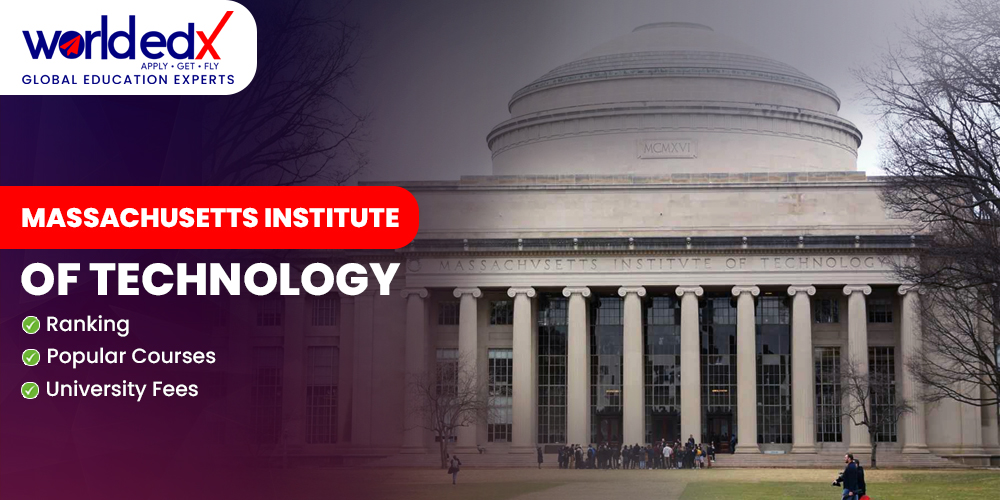Dreaming of studying in the United States in 2026?
One of the most essential steps in your journey is clearing the F1 visa interview. Every year, thousands of students dream of pursuing higher education in the U.S., the F1 visa is the primary requirement for international students. However, the interview process can be intimidating if you’re not well-prepared.
In this blog, we will explore the most common F1 student visa interview questions and effective sample answers to help students prepare confidently. We’ll also touch upon important topics like F1 visa processing time and F1 visa fee to give a complete overview.

What is the F1 Visa?
The F1 visa is a non-immigrant visa issued to international students who are planning to pursue academic studies or language training programs in the U.S. Students must be enrolled full-time at an institution approved by the SEVP (Student and Exchange Visitor Program).
Common F1 Student Visa Interview Questions and Answers
Below are the most frequently asked F1 visa interview questions and answers you should prepare for in 2026:
- Why did you opt to pursue your education in the United States?
Answer: The U.S. is known for its high-quality education system, research opportunities, and diverse academic environment. My chosen university offers a unique program in [Your Course Name], and the curriculum, along with the advanced resources and global exposure, aligns with my career goals.
- Why did you choose this particular university?
Answer: I chose [University Name] because of its strong academic reputation in my field. The faculty expertise, research facilities, and internship opportunities convinced me that this university will provide the right platform to build my skills and knowledge.
- What course are you planning to study and why?
Answer: I am planning to pursue a Master’s in Computer Science because I have a strong background in programming and software development. The course will help me deepen my understanding of data science and artificial intelligence, my areas of interest.
- How did you fund your education?
Answer: My parents will fund my education. I have submitted bank statements and financial documents as proof. We have sufficient funds to cover tuition, living expenses, and other costs associated with my stay in the U.S.
- Who are your sponsors? What do they do?
Answer: My sponsors are my parents. My father is a government employee, and my mother runs a small business. Their annual income is sufficient to cover my tuition, living expenses, and other university-required costs.
- Do you plan to work in the U.S. after graduation?
Answer: My primary goal is to gain a quality education. After graduation, I intend to return to my home country and apply my knowledge to contribute to my field here. If there are opportunities for Optional Practical Training (OPT), I would like to utilise them to gain experience.

- Why not study in your home country?
Answer: While my home country offers decent educational opportunities, U.S. universities provide more advanced learning, access to global networks, and cutting-edge research facilities. Studying in the United States will help me gain an advantage in my field.
- Can you show your financial documents?
Answer: Yes, I have brought all my financial documents, including my sponsor’s bank statements, income tax returns, proof of employment, and an affidavit of support.
- Have you applied to other universities?
Answer: Yes, I applied to a few other universities, including [University Names], but I chose [Chosen University] because it offered me the best combination of curriculum, faculty expertise, and research facilities.
- Have you ever received a visa rejection?
Answer: Yes/No. (If yes, explain honestly and clearly. Mention the improvements made in your profile since the previous rejection.)
Tips to Prepare for Your F1 Visa Interview
Preparing well for your F1 visa interview is important because it helps you feel confident and increases your chances of getting your student visa approved. The interview is your opportunity to show the visa officer that you are a genuine student with clear plans and strong ties to your home country. Here are some simple and helpful tips to get ready for the interview:
- Practice answering common questions out loud so you feel more comfortable and natural during the interview.
- Always tell the truth and avoid giving memorized or fake answers. The officer can easily know if you’re not being honest.
- Make sure you understand everything in your admission letter, course details, and Form I-20 so you can explain them clearly if asked.
- Be confident while speaking, but stay polite and respectful throughout the conversation.
- Organize all your documents neatly in a folder and review them before your appointment so you can show them quickly when needed.
- Avoid giving too much information unless asked, just answer the questions clearly and to the point.
- Be ready to explain why you chose the USA, your university, and your course in a way that makes sense and shows real interest.
- Show that you have strong reasons to return to your home country after studies, such as family, job plans, or future goals.
- Know your financial documents well so you can explain how you’ll pay for your studies and living expenses.
- Dress in clean, simple clothes that look neat and presentable, just like you would for a formal meeting or interview.
F1 Visa Processing Time in 2026
The F1 visa processing time can vary depending on the U.S. embassy or consulate. On average, receiving the visa takes 3 to 5 weeks after your visa interview. However, some cases may require additional administrative processing, which could take longer. To account for any delays, it is advisable to schedule your interview at least 2 to 3 months before your course start date.
Talk to an Expert for FREE Counselling
Final Thoughts
Preparing for your U.S. F1 visa interview in 2026 is crucial for your study abroad journey. You can confidently face the interview by understanding the most common F1 student visa interview questions, practicing your responses, and preparing all required documents. Don’t forget to consider key details such as F1 visa processing time and useful tips during your planning.
Whether you aim to study engineering, business, computer science, or any other course, this guide can help you make your F1 visa dream a reality.
Best of luck for your interview!







